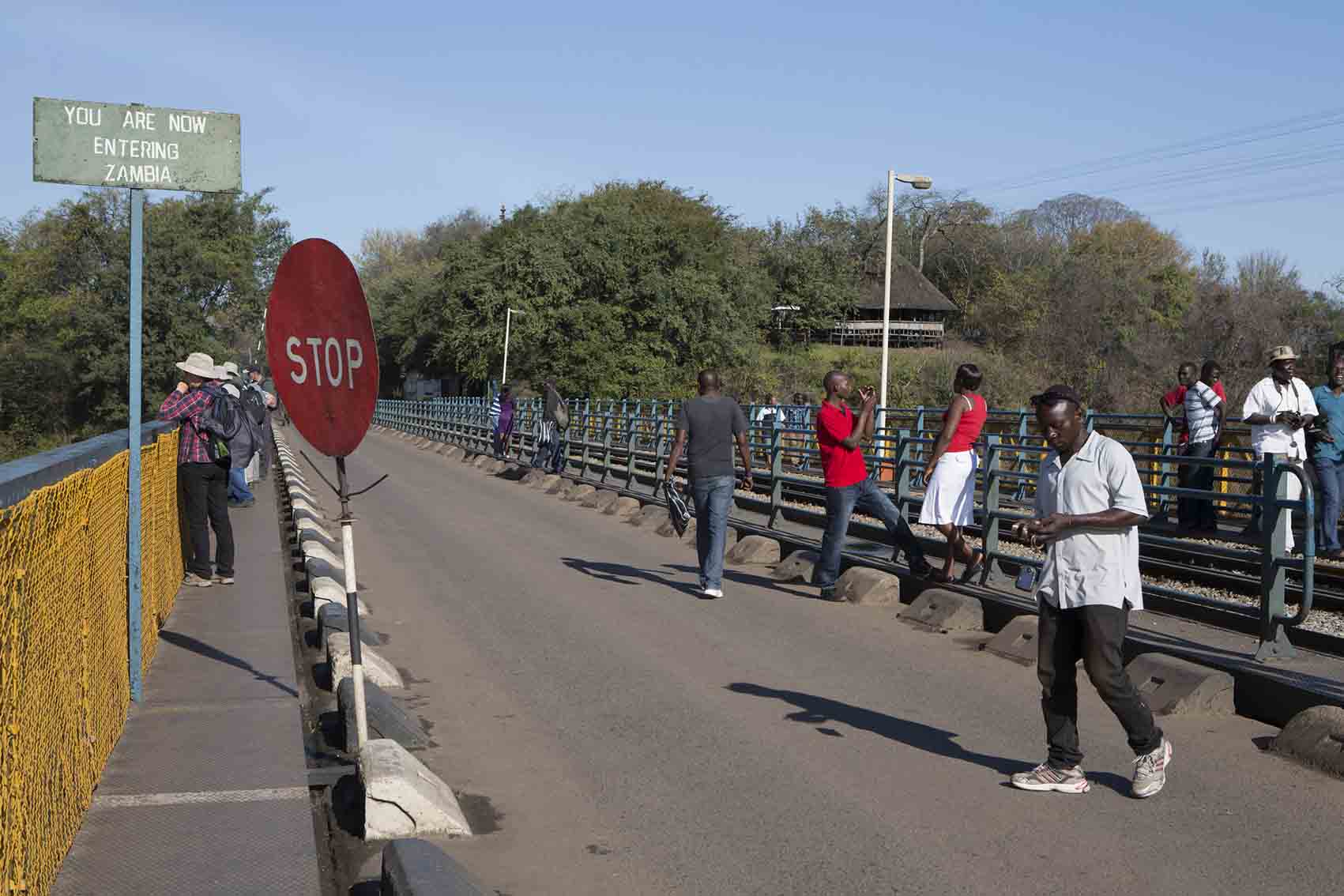

Africans greet one other with gusto. Sometimes it is a long process. Sometimes it is translated from the vernacular, writes Chris Harvie
The conversation between two Zulus meeting might go something like this: First Zulu – I see you.
Second Zulu – I see you also.
Z1 – How are you?
Z2 – I am alive and in good health and how are you?
Z1 – I too am alive and in good health.
Z2 – I thank you.
Z1 – No. It is for me to thank you.
The conversation then moves onto the matters of the day – local clan politics, the payment of a bride-price or trading a stalk of maize for some eggs and a pinch of snuff. And so on.
The Swahili greeting varies with the ages of those involved but my favourite is the greeting used by children for old people which goes thus:
Child – Respectful greetings, elder.
Elder – Thank you for your respectful greetings, children – now go away and wash your hands before you touch me then come back and greet me again.
Child (now clean) – Greetings, respected elder.
Elder (now satisfied) – How are you, children?
C – We are fine, thank you.
E – How is your father?
C – He is fine, thank you
E – How are your grandfather and grandmother?
C – They are fine, thank you.
And so on … for a very long time.

Walking in perpetual rain in the Usambara mountains in north-western Tanzania a few years ago, the shadows running in and out of the trees and rocks, it turned out, were children, not greeting us but pointing us out. Mzungu, mzungu, mzungu! White man, white man, white man!
It’s not rude and we weren’t offended but it was strange to be in villages where such a sight was worthy enough for the air to be filled with the buzzing of hundreds of children in hundreds of doorways keeping tabs on our movements.
The utmost respect is advisedly reserved for dealing with authority at borders, in government offices and, most commonly, at roadblocks. More often than not, the demands are legitimate and the penalties fair but the way is barred so frequently that a policy is required.
The fine, for example, for not carrying a fire extinguisher in your car in Tanzania is only slightly more than the price of a fire extinguisher at a traffic light in Dar-es-Salaam – cheaper to buy one than to try to get away with not having one. Handy when your vehicle catches fire too.
Most roadblocks are not out to con you, although you get the odd chance-taker. Usually it starts when he (they are inevitably male) has run out of ways to catch you out. All your vehicle documents are in order, you’ve paid your entry fees, you have all the right stickers, two warning triangles and a fire extinguisher and you evidently know where you are going.
So he says “What have you brought me from your homeland?”
There are many ways to deal with this. Giving him beer, or even admitting to being in possession thereof, is a bad idea. You can try and fob him off with a biro, or a lighter, or cigarettes. I always carry footballs and mini transistor radios but I try to use them as gifts to helpful people rather than bribes for those who hinder. My favourite answer is: “I bring you good will – and lots of it.”
It usually works, eliciting an outwitted smile. Good will cannot be refused.
Inevitably, though, the one time you are short at a roadblock is the one time you are pulled up short yourself. It was at our 10th or 12th barrier of the day in Zambia – I had lost count – and I was slightly impatient with my interlocutor. He greeted me. I greeted him back and, a little shirty, promised him that all our papers were in order; we’d shown them to a dozen people down the road.
He asked me if I had any literature. What? Any books or magazines I could donate to the school of which he was headmaster. I was being held up by a librarian – the Word Police.
I laughed, took his address, and sent him a box of magazines when I got home.
It never helps to be rude.
In fact, in the Zulu greeting, you say you are fine, even if you are not in good health. The terminally sick still claim to be well, thank you, because it doesn’t help to complain. And Africans know that better than most.


